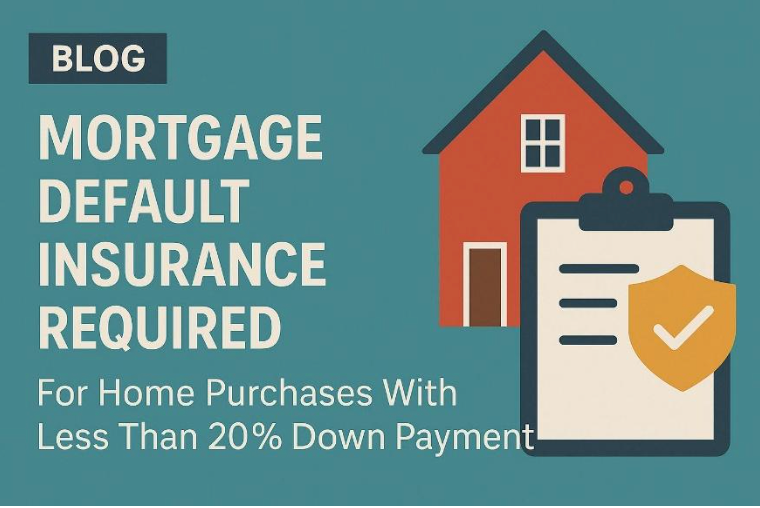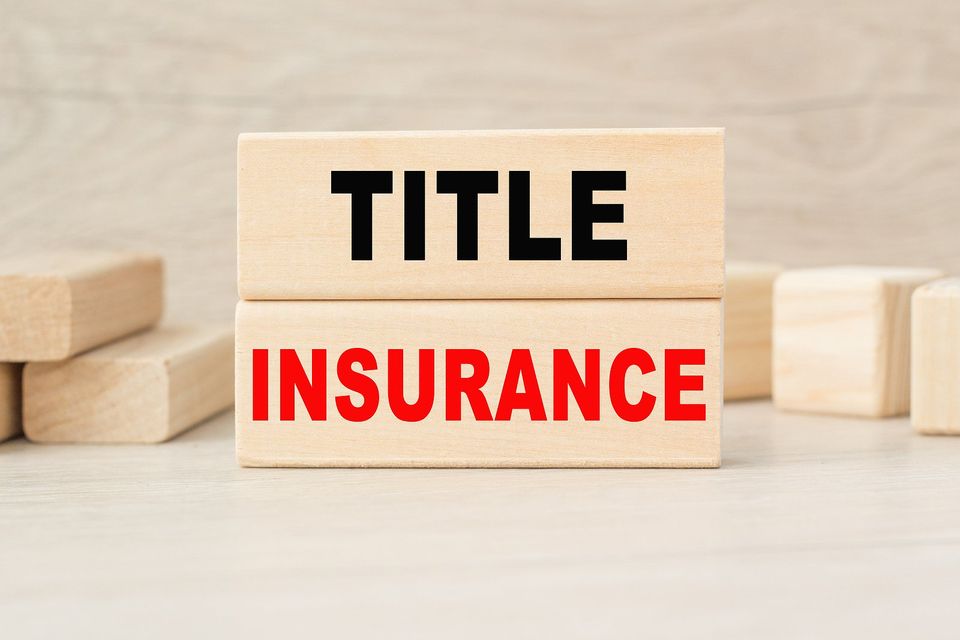What is Title Insurance? Why Do You Need It?
When you are buying a home, you need to make a lot of decisions in a short time. Regardless of how prepared you are, there are a lot of moving parts and it can feel overwhelming.
When you use mortgage financing to purchase a Canadian residential property, your lender will almost always require you to buy title insurance to cover the original mortgage amount.
You will have a Title Insurance discussion with your lawyer or notary just before your mortgage finalizes, when you are signing your final mortgage documents.
In the past, lenders required clients to provide a survey certificate, which is more expensive (combined it with a lawyer’s opinion of title), which is more costly and is also getting harder to find these days.
- If a copy of the survey was not available, clients would have to pay for a new survey to be done. In some communities, this could cost $1,000 or more.
Over the years, this requirement has changed. Now, most lenders in BC require title insurance for all properties in lieu of a survey certificate.
Title insurance is generally purchased at the time your mortgage closes. In BC, for purchases under $1 million, title insurance costs approximately $200-250.
- You can purchase a personal portion of Buyers Title Insurance as well, to insure your title for the full amount of your purchase price, this will cost you about $150+ (for a $500,000 home).
Title Insurance is a one-time cost that is usually included in your final closing costs.
What is title insurance and why is it important?
Title insurance is designed to protect the lender (and you, should you buy the personal Buyer Title Insurance policy) against title fraud and potential defects relating to the title of your home.
Some of the risks that title insurance protects you against include:
- Title insurance protects lenders (and buyers) from financial loss due to defects in a title to a property.
-
- A one-time fee paid for title insurance covers pricey administrative fees for deep searches of title data to protect against claims for past occurrences.
- An unforeseen defect in your title ownership.
- Negligence or errors made by your lawyer relating to title risks.
- The most common claims filed against a title are encumbrances or judgments against property including outstanding lawsuits, back taxes, unpaid utilities, mortgages, or condo/strata maintenance fees – these are known as liens.
- Incorrect signatures on documents, as well as forgery and fraud
- Survey or records errors.
- A pre-existing outbuilding that must be removed because it encroaches on a neighbouring property.
- The gap period between when a property purchase is finalized or closed and when the title is officially registered with the government.
If an innocent homeowner is defrauded through transfer of their title and the fraudster who then takes out a mortgage and takes off with the money, then the lender now bears the risk of loss. This could make the small cost of Title Insurance worth it for you in BC.
If you are considering the purchase or refinance of a home, consider title insurance. Talk to your Real Estate lawyer/Notary to understand the benefits of Title Insurance for your situation.
Please Note: Please not make any decisions about buying or making changes to your title insurance policy without obtaining advice from a lawyer. I can explain the concepts and highlight some key areas to consider, however my expertise is in mortgages.

Mortgages are complicated… you need to engage an expert!!! Give me a call and let’s discuss a mortgage that works for you (not the bank)!







